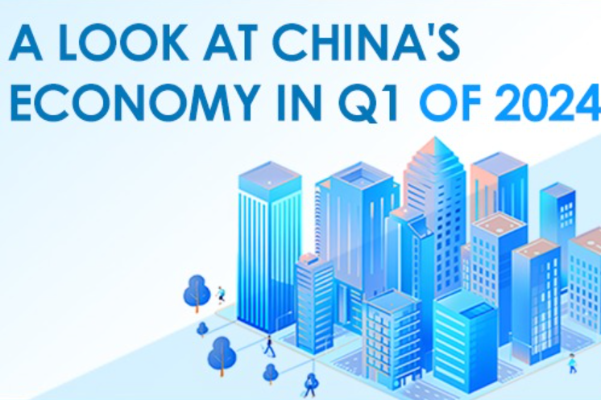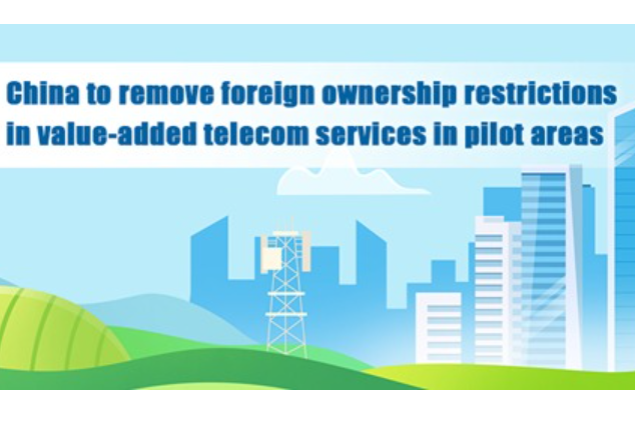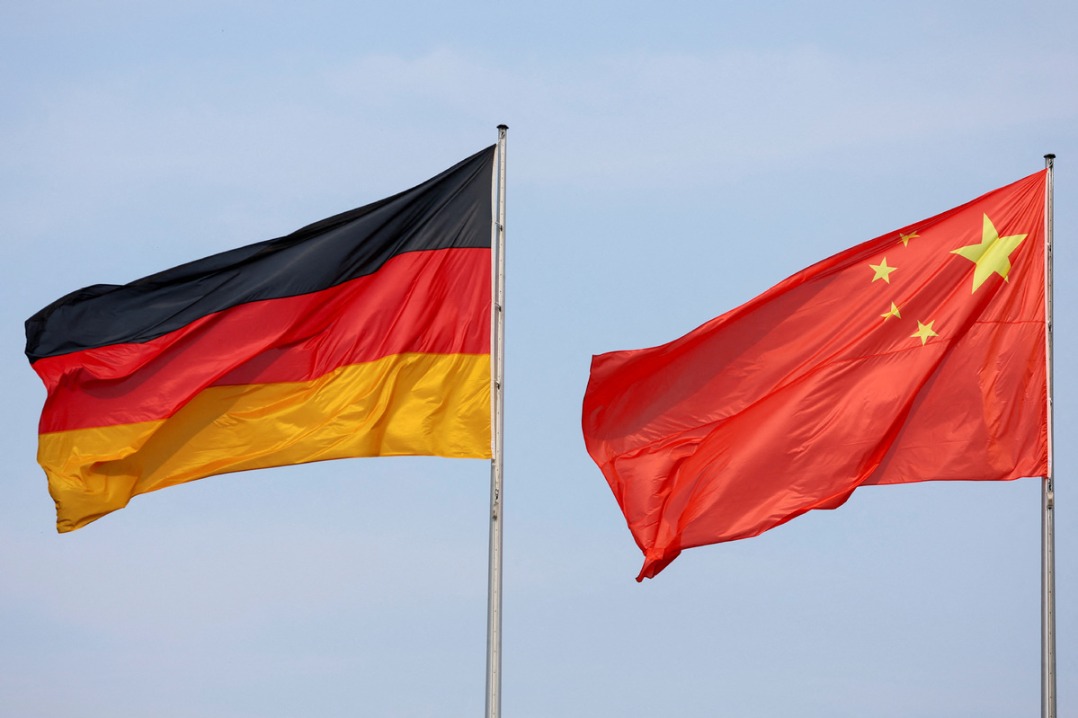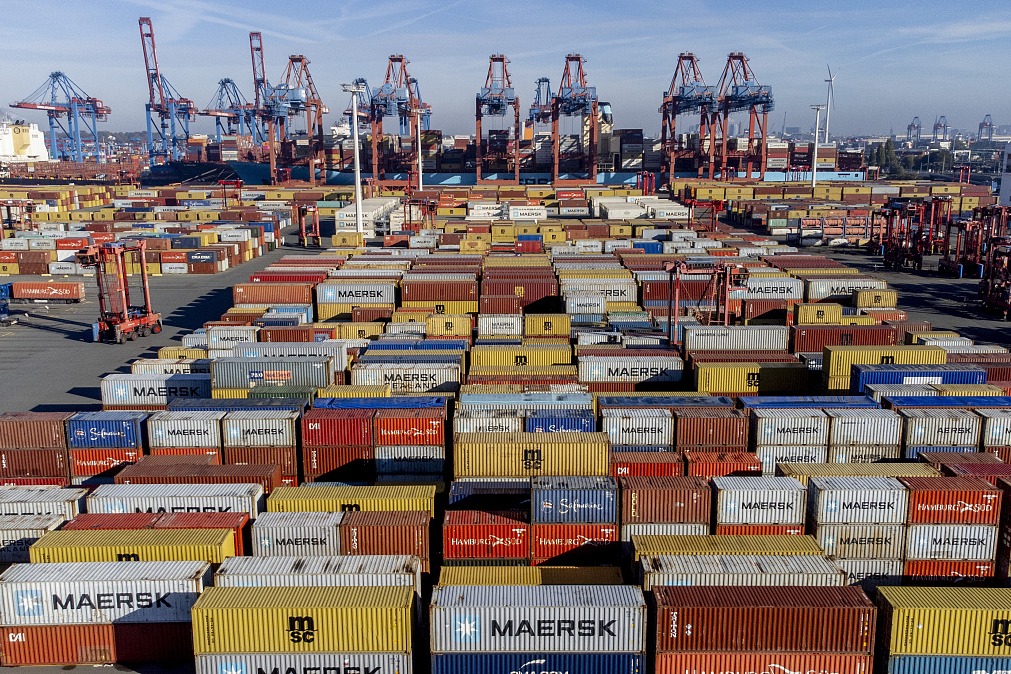High-tech zone drives opening-up and innovation with improved services

Chengdu, the capital city of Southwest China's Sichuan province, made 28 cooperation agreements with a number of Japanese enterprises and institutions on Nov 19.
Under the cooperation framework, 11 projects will be launched in the Chengdu Hi-Tech Industrial Development Zone.
These include Mitsubishi Heavy Industries' sci-tech innovation center, Mikihouse's regional headquarters and a Chengdu-Japan anime creative industry center.
These projects are part of efforts made by the zone to further open-up, boost its innovation capacity and promote high-quality economic development, local officials said.
The zone has made significant progress in attracting leading enterprises from all over the world in recent years.
As of June 2019, the high-tech zone was home to 128 Fortune Global 500 companies including Huawei, Siemens, and Foxconn. They have launched 27 projects in the zone over the past three years.
The zone has become a magnet for businesses in the biomedical industry, local officials said.
To date, more than 2,900 biomedical companies have settled in the zone, including international pharmaceutical giants Sanofi and Allergan.
Boston Scientific, a leading manufacturer of medical devices, chose the zone to build its secondary headquarters in the country in October 2019.
With a combined investment of 500 million yuan ($75.13 million), the headquarters utilizes 5G technology to establish a telemedicine system and provide better medical services for people in western China, according to the company. The headquarters opened on Sept 15.
In addition to biomedicine, the local electronic information industry is known for its complete industrial chain and large industrial scale.
Last year, the overall industrial output of electronic information companies above designated size in the zone was about 336.12 billion yuan.
Forerunners in the industry, such as Intel and Texas Instruments, have built branches or production bases in the zone. These leading enterprises have given a strong impetus to the zone's economic growth, according to the local government.
The zone registered a GDP of 228.56 billion yuan in 2019, up 8.4 percent year-on-year.
In the first nine months of 2020, the zone's pharmaceutical industry generated 17.57 billion yuan in business revenue, accounting for 35. 9 percent of the city's income from the industry.
The electronic information industry's added value rose about 14.6 percent year-on-year during the same period.
Thanks to the improved business environment, numerous global investors have chosen the zone to expand their presence in China, local officials said. A variety of measures have been rolled out to streamline administrative procedures, delegate more power and provide better services for enterprises, they added.
For example, the government has set up a one-stop service center in the zone's economic operations bureau for enterprises applying to enjoy favorable policies.
In the past, applicants had to go to various government departments such as the authorities of industry and commerce, taxation, as well as a bank, to prepare the diverse materials needed and complete the complicated application process.
The service reform saves applicants from multiple trips to different government agencies, as it integrates various functions into the one-stop service center, which increases efficiency and reduces costs.
The zone has also built several integrated service stations in major streets and industrial parks.
These stations are designed to bring convenience to enterprises. If enterprise have any difficulties, they can turn to a nearby station for help, local officials said.
More than offering a favorable business climate, the zone strives to offer an enabling environment for innovations by launching "highquality sci-tech and innovation spaces".
Among the spaces is the Tianfu Changdao Culture and Innovation Center whose first-stage project has come into service.
With its focus on games, film and television, animation and digital music, the center aims to lead the city in cultural and creative industries.
As a home for innovators, the center has fostered collaboration in cultural and creative projects, the local government said.
For instance, Chinese internet pioneer Tencent found its partner Cococartoon in the center.
"We used to commission US companies to make computer graphics for the online game King of Glory, but now a set of satisfactory computer graphics can be produced by the local animation studio," said Lin Xia, general manager of Tencent's Chengdu branch.
Besides the center, the zone has built seven high-quality sci-tech innovation spaces so far, including an artificial intelligent innovation center and an integrated circuit design industrial park.
The zone will deepen reform and strengthen opening-up, local officials said. It will continue efforts to enhance innovation ability, attract more investors and global influence.
MOST POPULAR
- 1 Things to know about China Intl Consumer Products Expo 2024
- 2 China tops FDI confidence index of emerging markets
- 3 China specifies steps to improve payment services in tourist attractions
- 4 Low-altitude economy set to take off
- 5 China's immigration service platform receives over 10m calls from home, abroad
Editors' Picks
 Infographic:
A look at China's economy in Q1 of 2024
Infographic:
A look at China's economy in Q1 of 2024
 Infographic:
China to remove foreign ownership restrictions in value-added telecom services in pilot areas
Infographic:
China to remove foreign ownership restrictions in value-added telecom services in pilot areas
 Infographic:
2023 Sino-German investment and trade in numbers
Infographic:
2023 Sino-German investment and trade in numbers
 Infographic:
China-Germany relations in graphic
Infographic:
China-Germany relations in graphic



